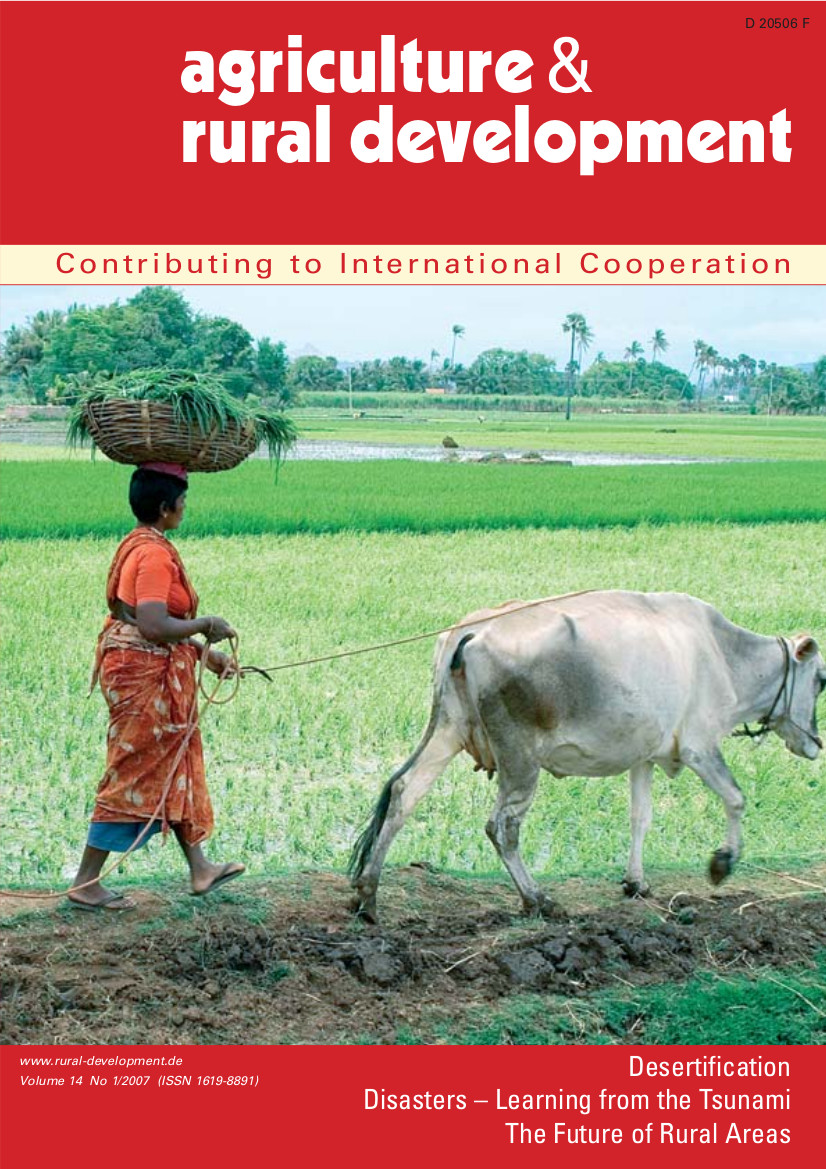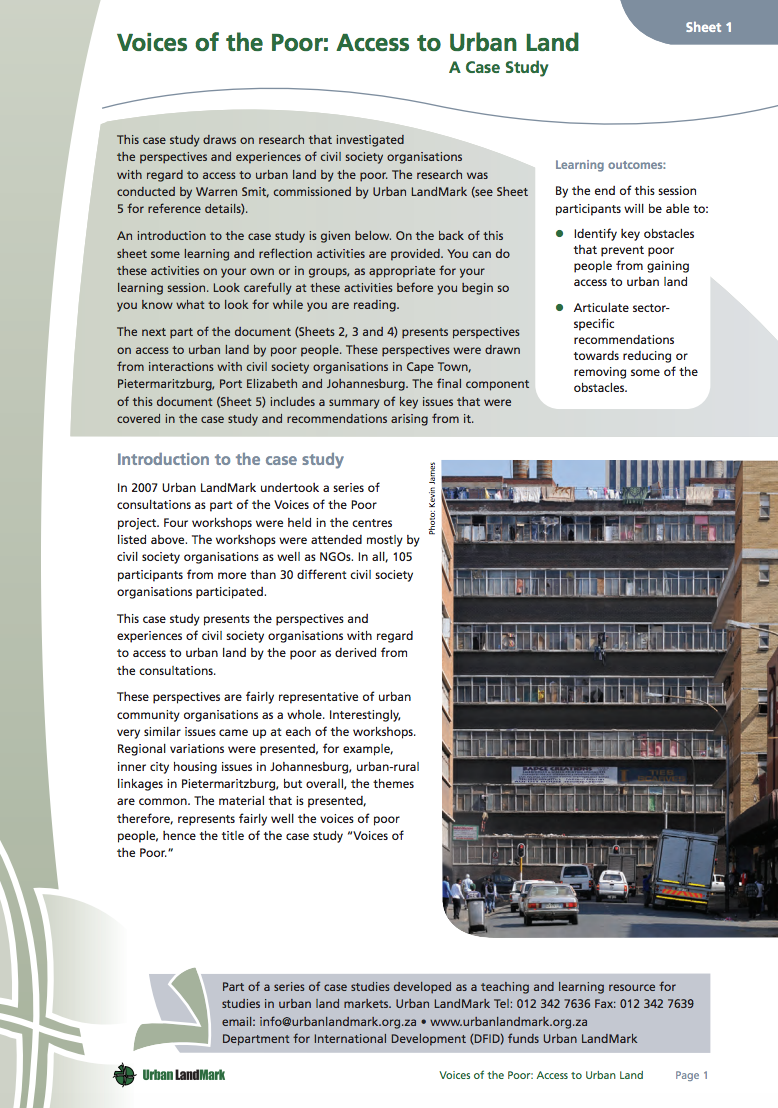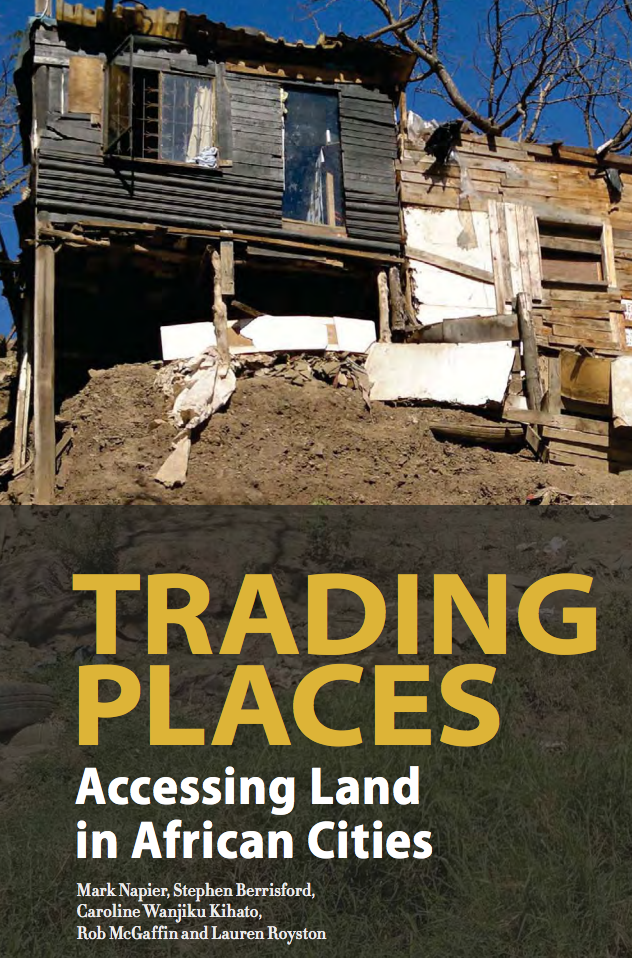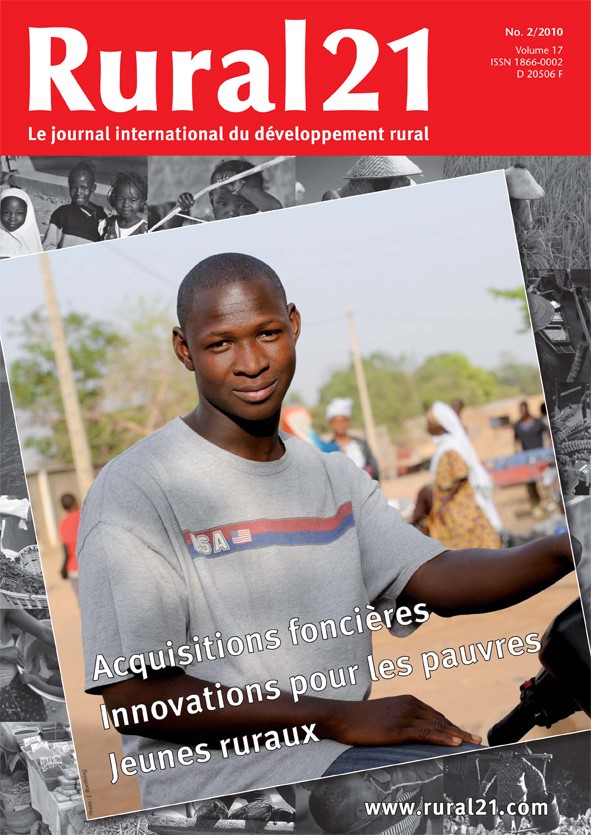Rural areas of the South in the year 2016 - a likely development scenario
The rural areas of the South have undergone vital socio-economic and technological changes marked by globalisation, economic liberalization and political decentralization and by the information and communication sector. Will these changes suffice to improve the living standards of the rural population and lessen the urban-rural gap or will the rural sector remain in isolation and be also in ten years time home of the poor?








